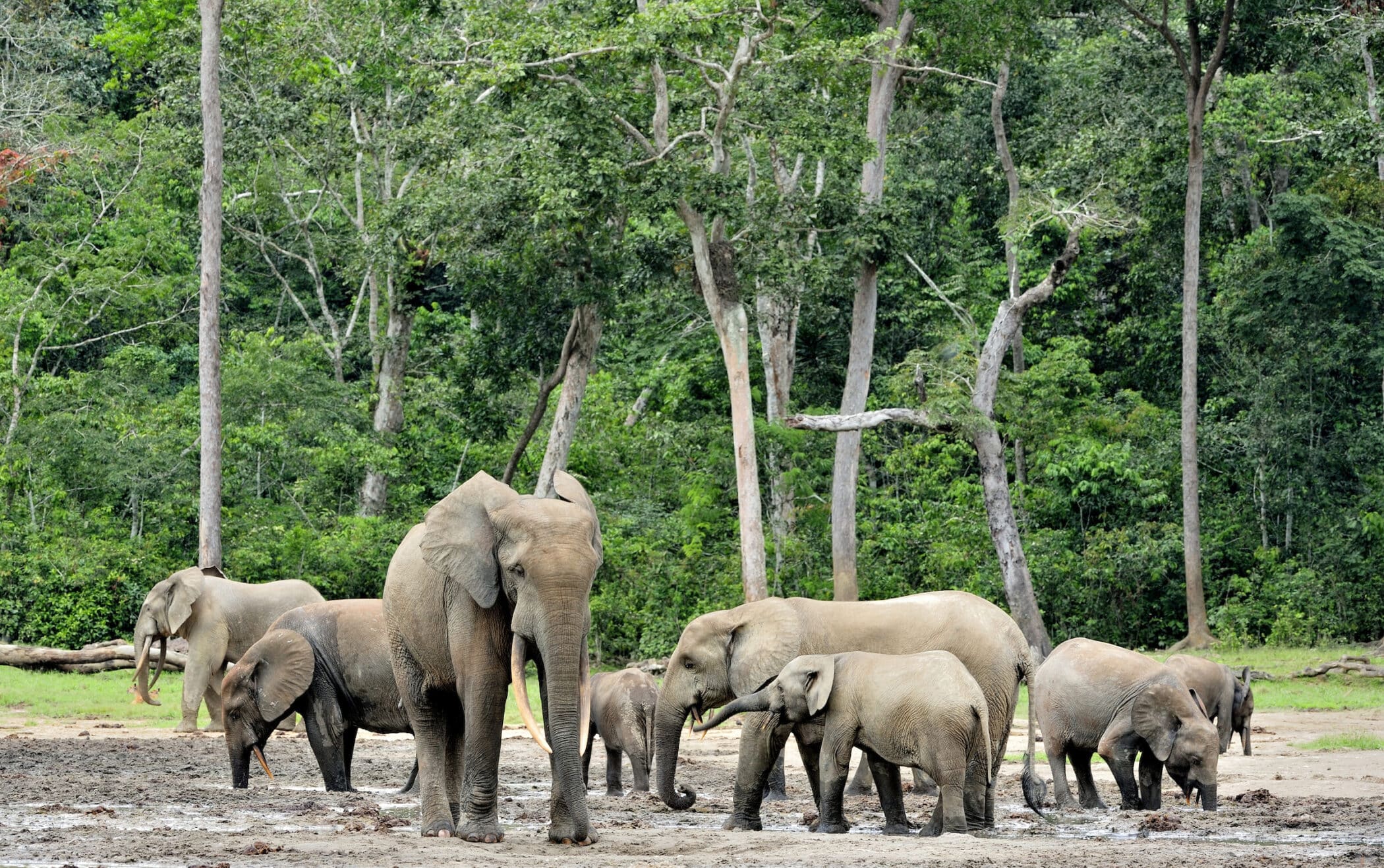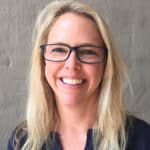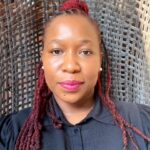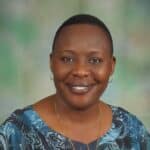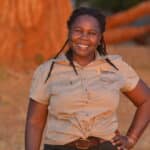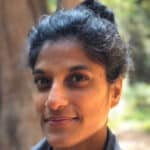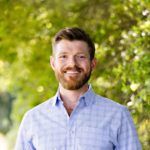WISE Fund
The WISE (Women’s Initiative for Sustainability and Empowerment) Fund believes that more effective women-led conservation and development initiatives will directly result in a more significant positive impact on wildlife and biodiversity conservation (WISE is a pilot fund that is in its development stage).
Historically, women from rural communities bordering conservation areas have largely been excluded from conversations about and participation in the management of wildlife and other natural resources, even though prevailing gender roles and norms result in women being the ones who often use natural resources to provide for their families. Women are naturally enterprising and can turn simple ideas into successful ventures. They can unlock and sometimes scale up these ventures when given the necessary support and guidance.
The Fund aims to provide catalytic funding to both individuals and organizations in Sub-Saharan Africa to allow them to start or advance impactful, innovative, and sustainable projects with a focus on scalable, self-sustaining projects that can break even (or make a profit) and align with conservation objectives.
We are currently scoping for organizations and individuals that work in this nexus for a pre-application process to allow us to identify organizations that would be interested in this opportunity and have women-led projects that benefit women and wildlife that they can submit grant proposals.
We will accept grant proposals within the USD 25,000 to USD 50,000 range.
Strategic Pillars
We have identified three pillars of opportunities to target for immediate investment that will simultaneously impact wildlife conservation and support women's empowerment. These funds will target projects operating in areas where communities border wildlife conservation areas (e.g., parks, reserves, and conservancies).
Career Building and Educational Support
Activities that WISE would provide support towards Career Building and Educational Support include:
- Women’s career and vocational training in conservation-related areas like protected area management (e.g. rangers), vet techs, tourism (guides and service workers), human-wildlife coexistence, and many other skill sets.
Microfinance
Microfinancing will provide much-needed capital for projects that will create or further develop alternative livelihoods for women in these communities.
WISE will grant to organizations and financial institutions that offer micro-lending services to rural communities bordering wildlife conservation areas or already-established women’s groups/co-operatives.
Supporting Entrepreneurs
WISE will award accelerator grants to organizations that can provide seed funding, networking, and mentoring opportunities to women-led and/or women-focused startup organizations, incubators, and accelerator programs.
- Women needing scholarships – To have the greatest impact, WISE will issue grants for scholarships to institutions rather than individuals.
- Training and mentoring to foster leadership for women in the conservation space.
Qualifying projects: Grants will be awarded to organizations that focus on educating and empowering women to start and/or grow their entrepreneurial businesses through the provision of microfinance (small loans or startup grants).
Criteria: These loans would be for women-led and women-run activities in wildlife conservation areas whose direct or indirect impact on wildlife conservation can be identified.
If the organization funds new women-focused programs at already-established conservation organizations whose work is aimed at impacting this nexus of women empowerment and wildlife conservation, then they would be qualified as well. WISE will also give out grants to individuals and organizations looking to get networking and mentoring opportunities at organizations offering these services.
How to Apply?
What are the selection criteria?
We are calling for submissions from any organization, group, or individuals from any sector or background with bold and sustainable ideas for projects involving women and operating in and around protected and conserved areas. Ideas must meet the following criteria for consideration:
- Generates value or can demonstrate value (including economic, social, and cultural) for the local community(ies); specifically, women in Africa living in and/or around protected or conserved areas.
- Empowers (or demonstrates that they will empower) communities, specifically women, with decision-making power and ensures their rights, dignity, and livelihoods are a priority.
- Demonstrates to be (or willing to be) feasible and financially and environmentally sustainable.
- Aims to improve the conditions for wildlife and natural resources, i.e. conservation, or at least not to be harmful to the environment.
- Includes women either as the participants in the project and/or as recipients of the benefits from the project.
Questions? Contact wise@wildnet.org.
What does the application process look like?
- You are invited to submit the pre-application form to allow members of WISE’s working group to learn more about your organization and the nature of your work.
- This is a closed call, and applications are by invitation only. Unsolicited invitations will not be considered.
- After submitting the pre-application grant application form, a selection committee made up of a majority of African women will evaluate and make recommendations for which projects will go to the second round. This invitation does not mean you or your organization will be awarded a grant.
- Please submit your completed application by August 30, 2023. Feedback will be provided 3 weeks after the closing date.
WISE Working Group Members
WISE is being developed by a working group of experts. WCN is serving as a convener and institutional home for this group.
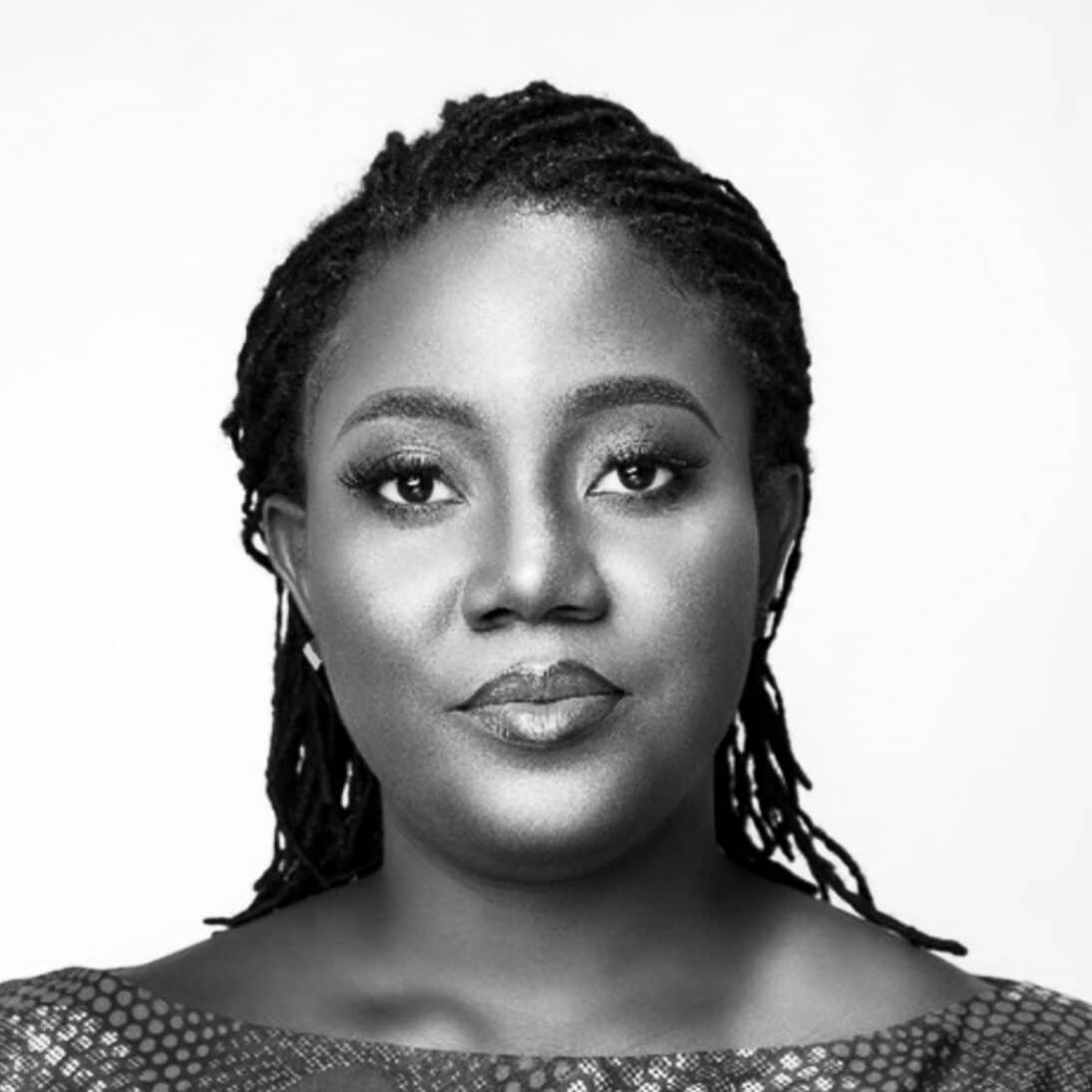
Benedicta Amenyo
Benedicta Amenyo
Benedicta Amenyo is the Associate Director of Operations of the School of Wildlife Conservation at the African Leadership University. Her experience spans project management, grant management, research and engagement, operations, marketing and social media management, program coordination, and monitoring & evaluation. Before joining ALU, she worked with the African Center for Economic Transformation, a think tank based in Accra, Ghana, as a project coordinator and a monitoring & evaluation analyst for four years. Benedicta’s background is in Local Economic Development. She currently leads the operations team at the School of Wildlife Conservation.

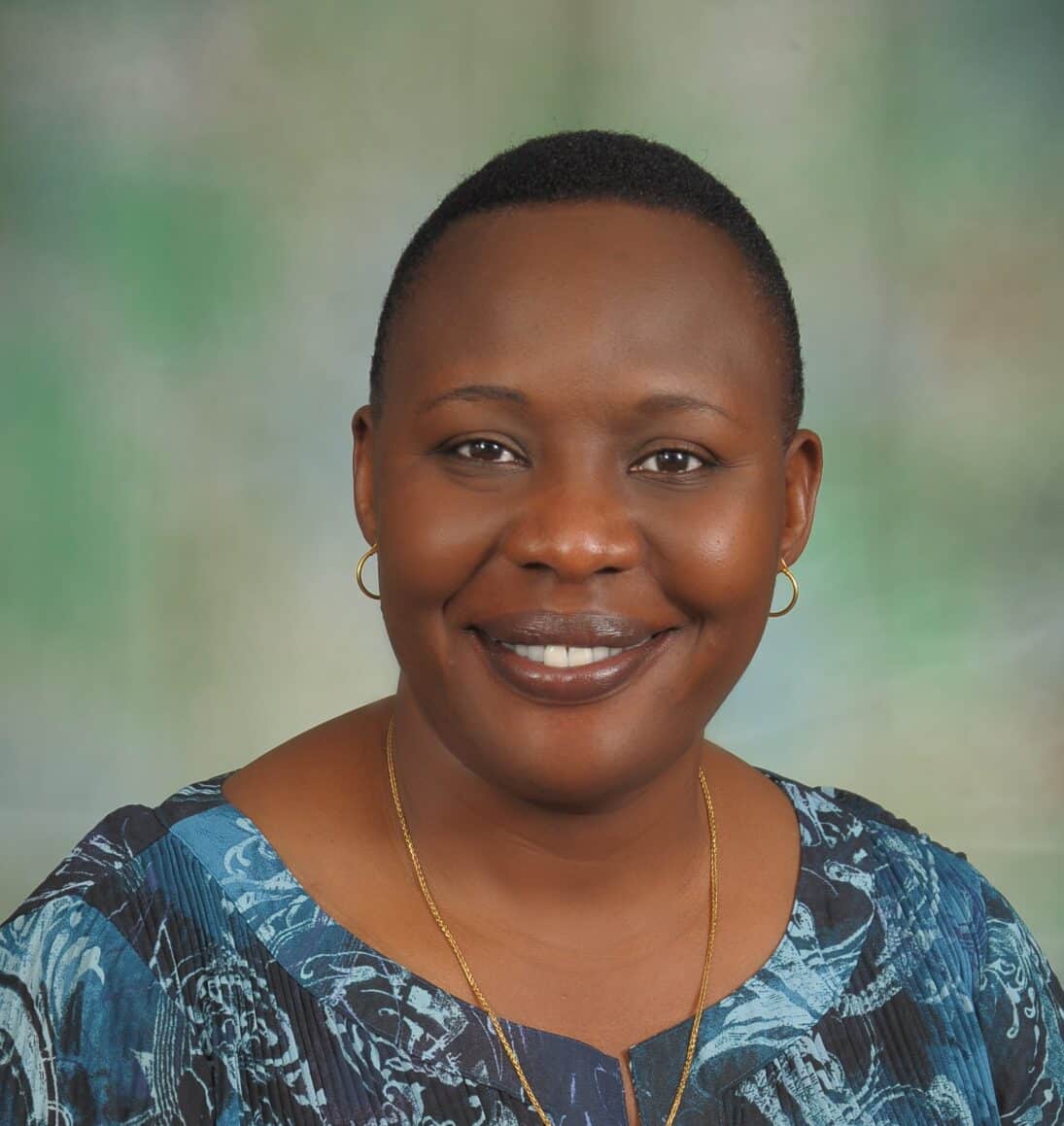
Fiesta Warinwa
Fiesta Warinwa
Fiesta Warinwa is a freelance consultant, having served as Director-Conservation Program at the African Wildlife Foundation (AWF). She has 23 years of professional experience in conservation and development with 15 years of proven record in providing leadership at different levels in the execution of AWF’s strategy and programs in East Africa. Fiesta is a native of South Sudan and a very strong believer in women’s empowerment and leadership growth. She believed that investing in women’s empowerment sets a direct path toward gender equality and inclusive conservation, and economic growth. Fiesta is a co-founder and Council member of Women and Environment (WE) Africa, co-founder of Conservation Alliance of Kenya, and a board member of Elsamere Trust-Kenya and South Sudan Nature Conservation Organization.

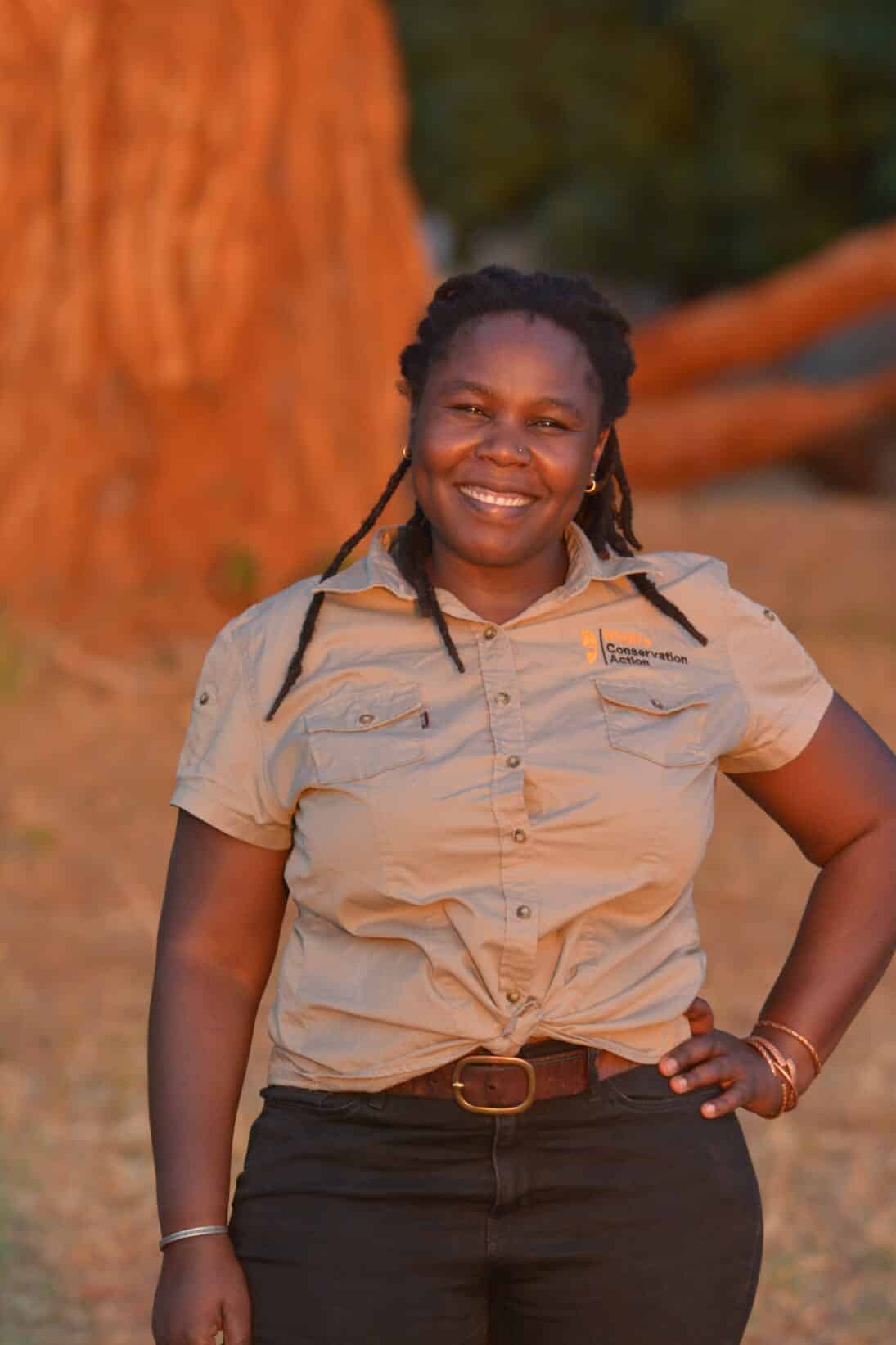
Moreangels Mbizah, Ph.D.
Moreangels Mbizah, Ph.D.
Moreangels Mbizah is the Founder and Executive Director of Wildlife Conservation Action, an organization focusing on building the capacity of local communities to protect and coexist with wildlife while improving their livelihoods. Moreangels received her Doctoral Degree in Zoology from the University of Oxford, and her work on lions was featured in a National Geographic short film, “One Woman’s Remarkable Journey to Protect Lions,” in 2018. In 2019 Moreangels was awarded a TED Fellowship and gave a TED talk, “How community-led conservation can save wildlife.” Moreangels is also a Mandela Washington Fellow and is passionate about inspiring and mentoring Africa’s next generation of conservation leaders.

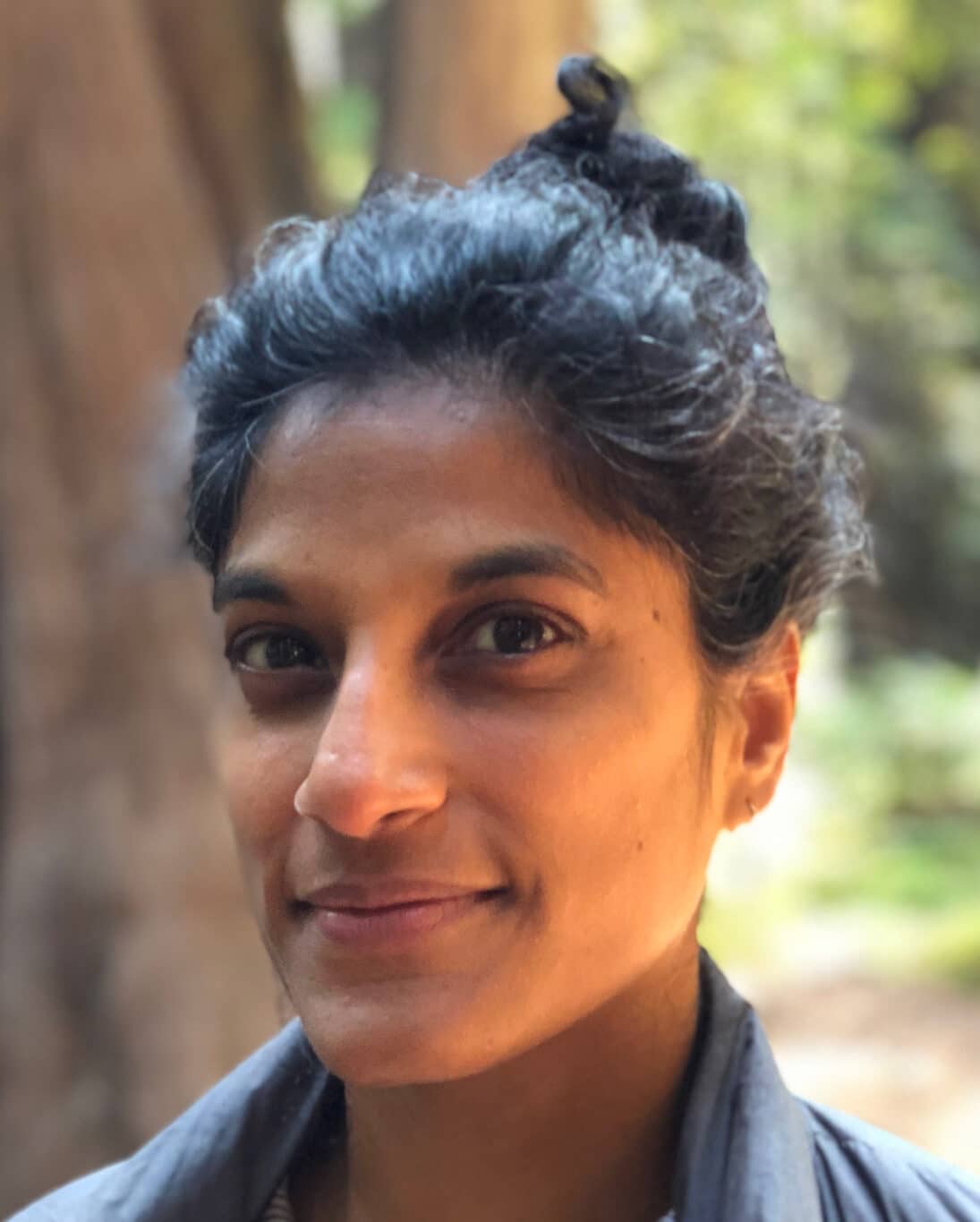
Natasha Anushri Anandaraja MD, MPH
Natasha Anushri Anandaraja MD, MPH
Anu is a Pediatrician and Global Public Health physician whose passion lies in mobilizing grassroots groups to uplift their communities through collective action. Her experiences working in disaster relief and under-resourced settings in India, Mozambique, Malawi, and New York showed her the specific importance of elevating women as leaders and teachers within their communities. After serving for eight years as Director of the Global Health Education program at the Icahn School of Medicine at Mount Sinai, NYC, she left academic medicine in 2016 to consult for international NGOs on maternal and child health. In 2018 she launched Women Together Global Inc. (www.womentogetherglobal.com), a not-for-profit focusing on the co-empowerment of women and girls through peer education and economic independence in Malawi.

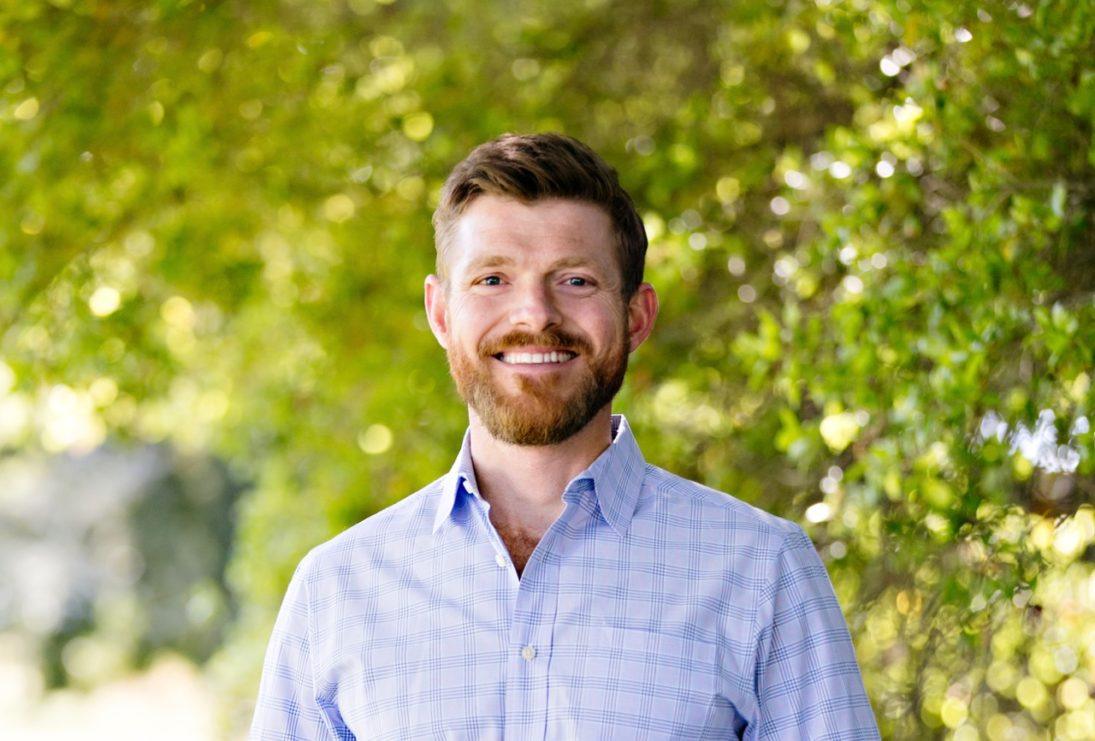
Paul Thomson
Paul Thomson
Paul Thomson is the head of conservation programs at the Wildlife Conservation Network. He leads an international team that manages the $70M portfolio of Wildlife Funds, an expanding global network of partners, and a growing cadre of rising wildlife leaders. Paul first joined the WCN staff in 2018 to help create the Lion Recovery Fund. Outside of WCN, he runs Save Pangolins, which he co-founded to address the illegal trade of the little-known pangolin, the world’s most illegally trafficked mammal. Paul believes we need more leaders in the conservation field, and he serves on the boards of Emerging Wildlife Conservation Leaders and Kinship Conservation Fellows.

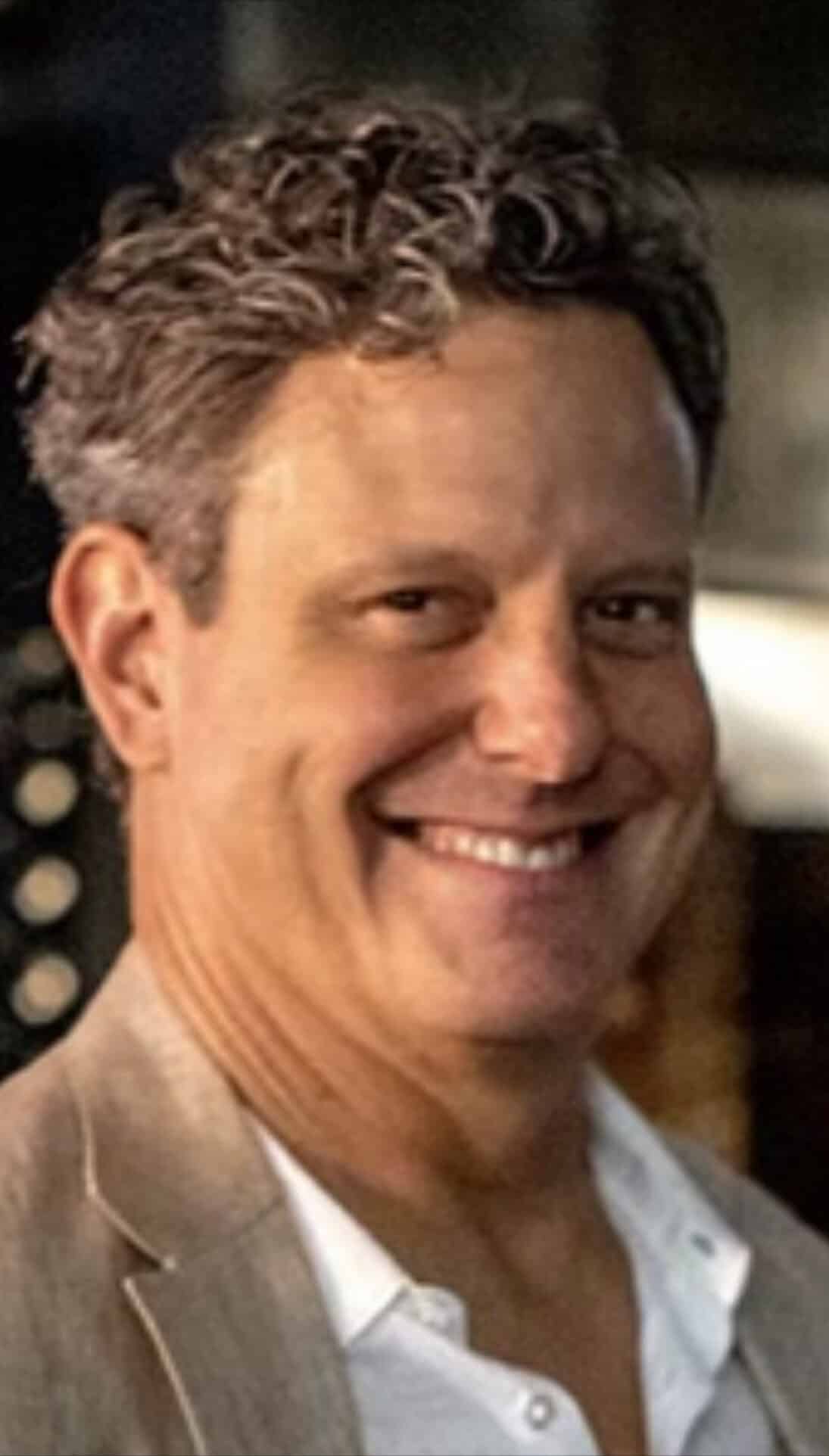
Scott Weiss
Scott Weiss
Scott is a philanthropist and conservationist who, with his wife Megan, leads a foundation focused on preserving the animal ecosystems in Sub-Saharan Africa. He was formerly a general partner at Andreessen Horowitz, a venture capital firm, and the CEO/founder of IronPort Systems, an e-mail security company. He received an MBA from Harvard Business School.

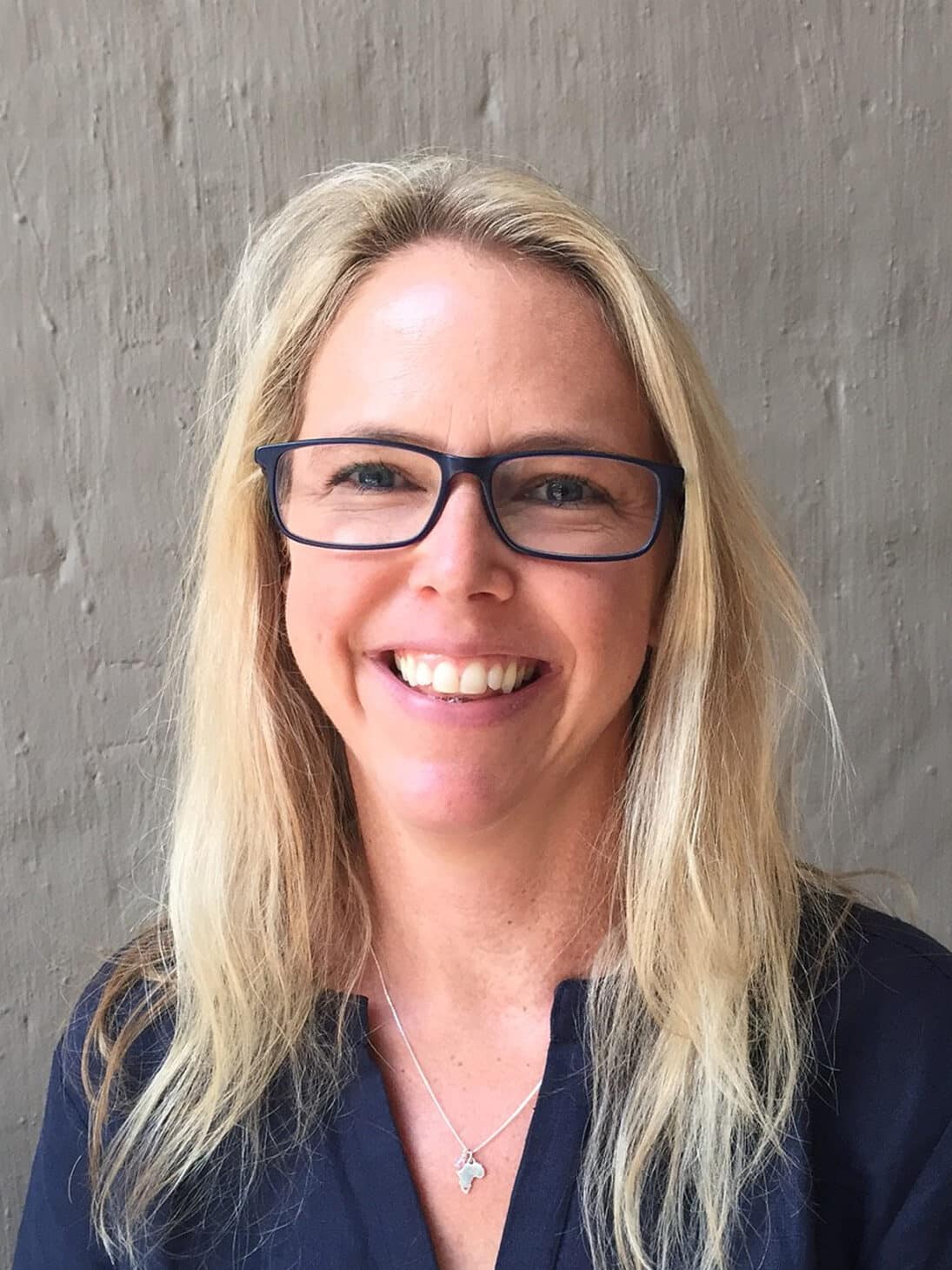
Sue Snyman, Ph.D.
Sue Snyman, Ph.D.
Dr. Susan (Sue) Snyman is the Director of Research at the African Leadership University’s School of Wildlife Conservation. Having completed coursework at the University of Goteborg in Sweden, the focus of her Ph.D. research (through the University of Cape Town, School of Economics) measured the socio-economic impact of high-end ecotourism in remote, rural communities adjacent to protected areas based on over 1,800 community surveys in six southern African countries including Botswana, Malawi, Namibia, Seychelles, South Africa, Zambia, and Zimbabwe. Sue is currently leading a project looking at the wildlife economy across Africa. Her overall research and work focus is on promoting sustainable, diversified wildlife economies in Africa, encouraging investment in conservation and related wildlife economy activities, and ensuring equitable benefit-sharing for local communities.

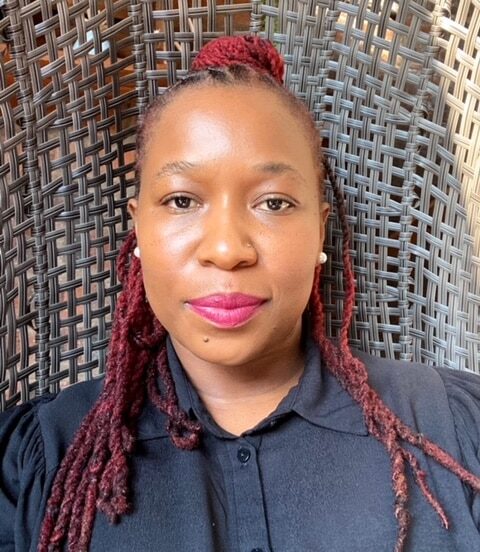
Zoe Nhleko, Ph.D.
Zoe Nhleko, Ph.D.
Dr. Zoliswa (Zoe) Nhleko is a Senior Programs Manager in the Conservation Programs division at Wildlife Conservation Network. Zoe joined WCN in May 2022 to lead the growth of the Partner Network. She has applied conservation experience gained working on large African mammals like rhinos in South Africa. Zoe received her Ph.D. from the University of Florida with a dissertation entitled “Understanding and Responding to South Africa’s white rhino poaching crisis,” where she investigated the effects of poaching on white rhino ecology.




